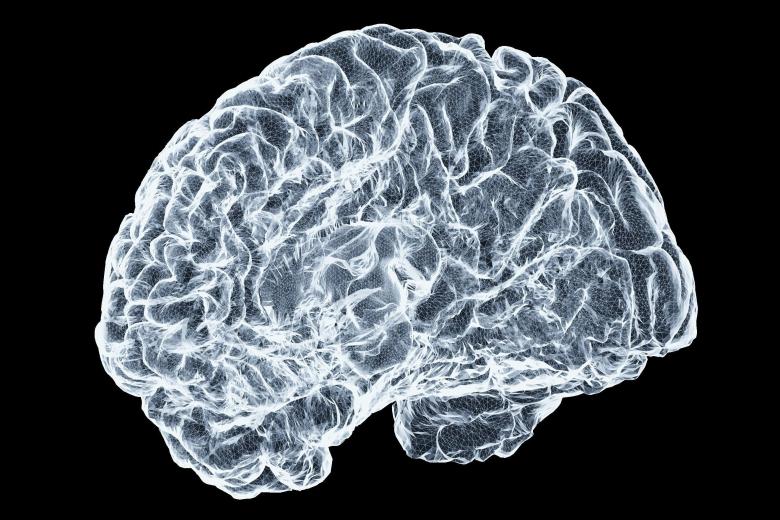Fatty liver can cause muscle breakdown
A fatty liver can play a role in muscle breakdown (muscle atrophy). For the first time, scientists from Maastricht University have demonstrated this connection in a study. Until now it was assumed that the relationship was the other way around, with muscle atrophy leading to a fatty liver. A study in mice has now shown the opposite: a fatty liver acquires a different protein secretion profile, and that leads to the breakdown of muscle proteins. The study was published in Frontiers in Endocrinology and was posted last week on PubMed.
The study focused on non-alcoholic fatty liver disease, a common ailment affecting 20 to 40 percent of the total, adult population. Being overweight is a major risk factor for the disease: a fatty liver occurs in about 70 percent of overweight people and about 90 percent of people that are obese.
Non-alcoholic fatty liver disease was long thought to be benign, without many negative effects. This was already disproved in a study in 2015: a fatty liver can change the protein secretion profile of the liver. These proteins reach other parts of the body via the bloodstream, causing the development of insulin resistance, which is the main feature of type 2 diabetes.
Downward spiral
In the newly published study, the scientists show for the first time that the altered secretion profile of a fatty liver also leads to increased breakdown of muscle proteins. ‘This finding provides more insight into the relationship between a fatty liver, which is often linked to obesity, and the loss of muscle mass,’ says research leader Dr Ruth Meex of Maastricht University. ‘Muscles play an important role in maintaining good health. Reduced muscle mass leads to less physical activity and reduced fitness. This can easily lead to a downward spiral of even more muscle loss, worse physical health, reduced quality of life, and premature death.’
The researchers have submitted a grant application for follow-up research into the link between a fatty liver and the development of muscle atrophy in humans. In the meantime, they advocate a lifestyle geared to reducing overweight and keeping the liver and muscles healthy. Exercise and a healthy diet can prevent muscle loss and insulin resistance.
Relevant links
https://pubmed.ncbi.nlm.nih.gov/34707570/
Also read
-
Study Smart gets Dutch Education Premium
Maastricht University's (UM) interfaculty educational innovation project Study Smart is one of the three winners of the Dutch Education Premium 2025. This was announced on Tuesday during the Comenius festival in The Hague.

-
Most prestigious European grant to two UM scientists
Two Maastricht University professors are to receive the most prestigious European research grant for individual researchers: an ERC Advanced Grant, worth over €2.5 million. They are Lorenzo Moroni (MERLN) and Alexander Sack (FPN).

-
New insight into the role of brain changes in psychiatric disorders
It has long been known that in some psychiatric disorders certain parts of the brain show slight abnormalities. However, it was unclear whether these brain changes are caused by the illness itself, by medication, or by smoking. In a recent study, scientists at Maastricht University and Amsterdam UMC...
